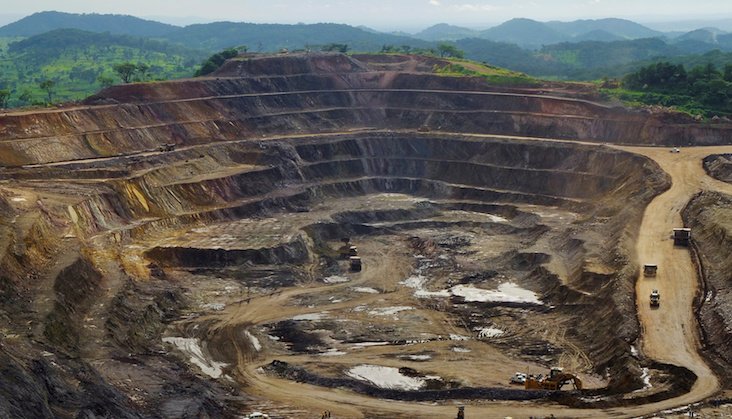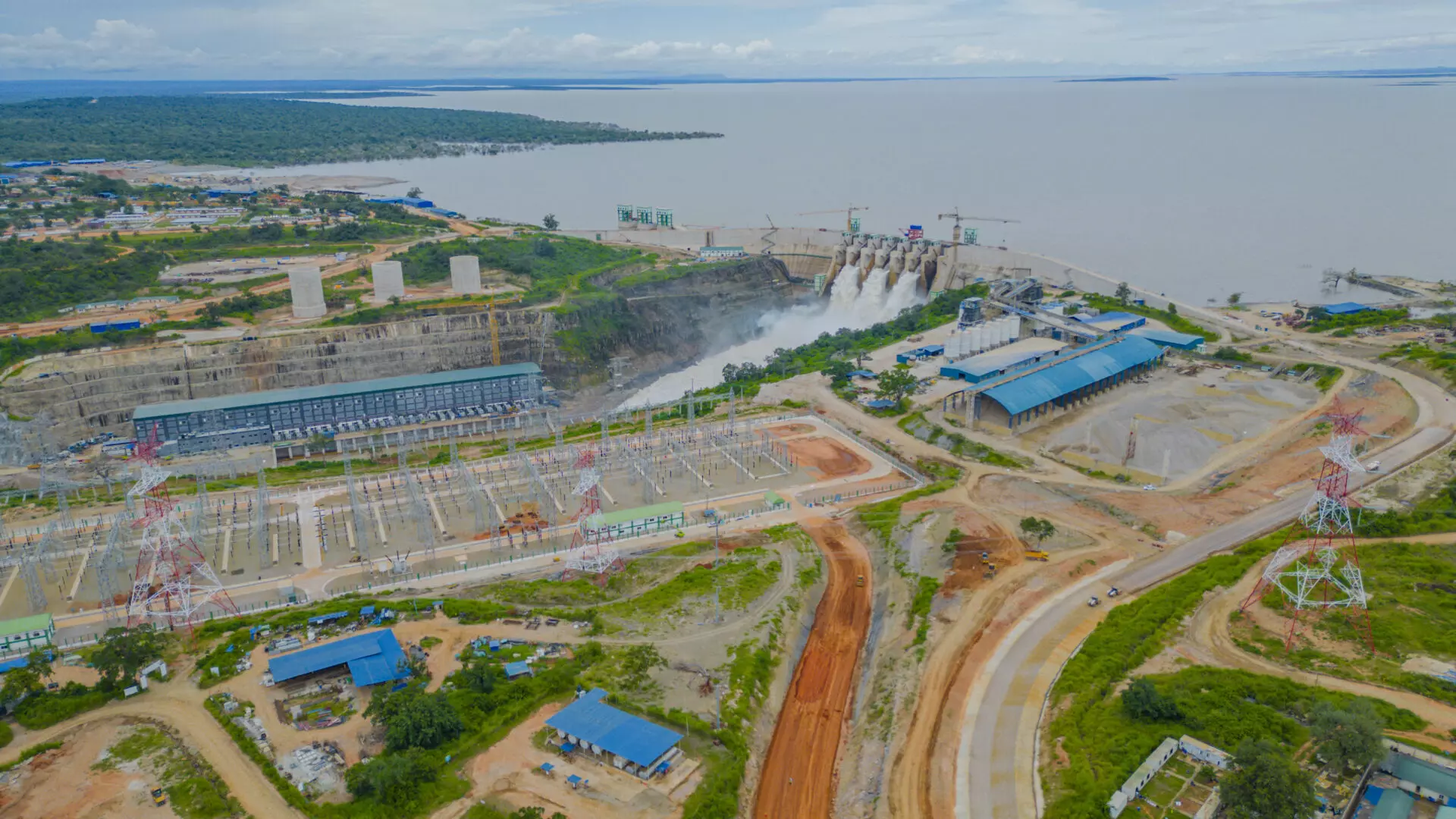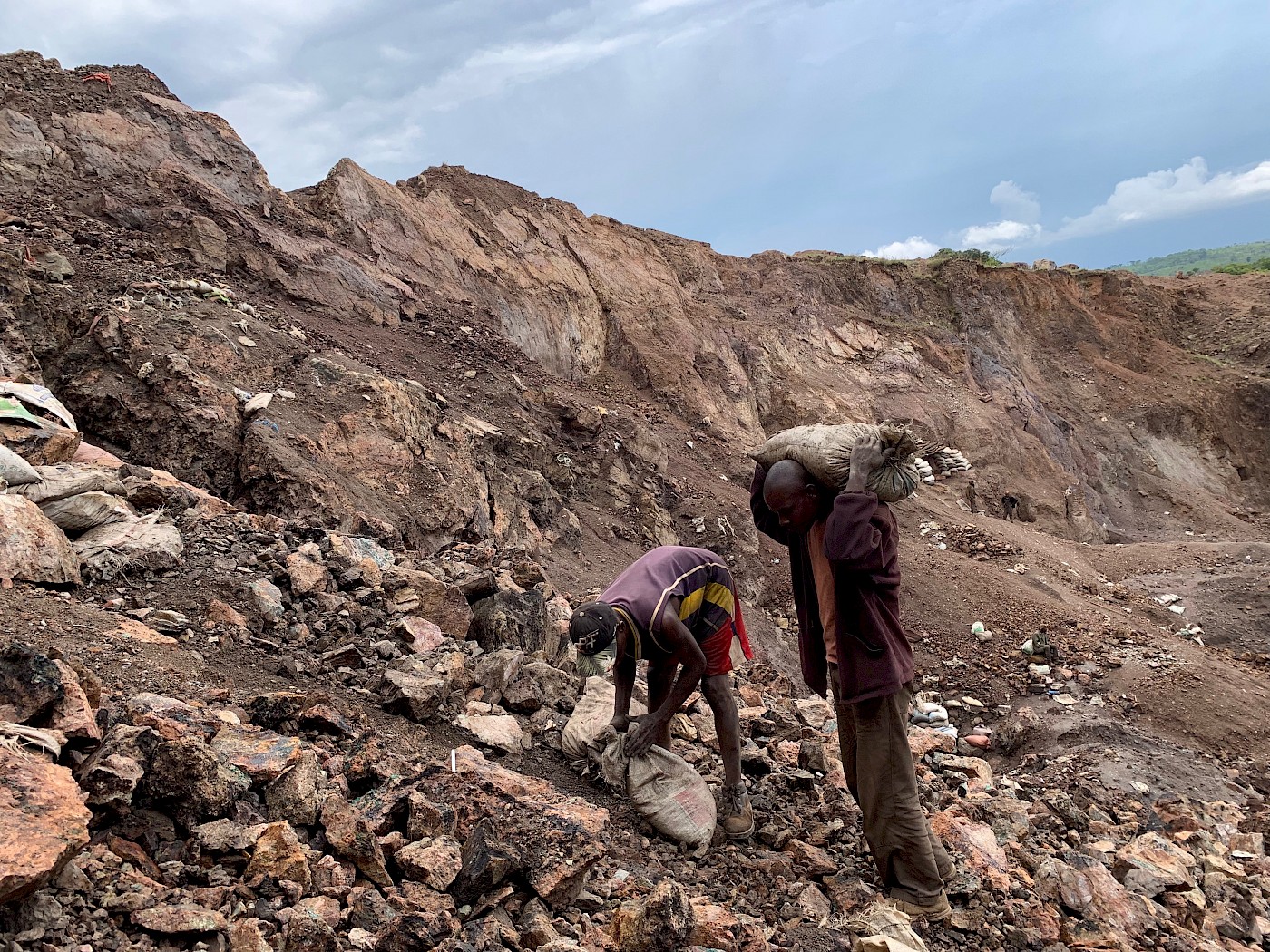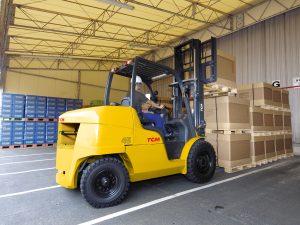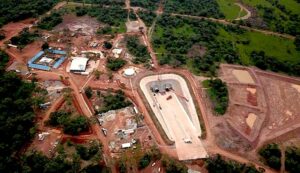Residents worry as DRC rebels frantically exploit coltan mine
Reputed to be the coltan capital of the world, the mining town of Rubaya, in the eastern Democratic Republic of Congo, has fallen into the hands of rebels. The fall of Rubaya is causing a stir among local residents who fear M23 will use profits from the coltan mines to fund their war against the DRC government.
Estimated to hold more than 70 percent of the planet’s coltan reserves, the town of Rubaya has been under the control of the M23 rebels since April 30.
According to Mapenzi Mulume, a young man from Masisi territory, the rebels have set up teams to exploit the minerals 24 hours a day, and women and children are also invited to join, he laments.
He says that since the M23 rebels occupied the mining town of Rubaya, they’ve been mining 24 hours a day. He noted that children are working in rotating shifts. He said he deplores child labor and calls on the international community to intervene on behalf of the people of Rubaya.
The M23 rebels have been fighting the DRC government since 2021, following an earlier conflict that ended with a government victory.
People in Masisi territory fear the rise in power of the rebels and their allies in the Rwandan army. Exaucé Kavatsawa, a local resident, believes the rebels have achieved one of their primary objectives with the conquest of the important coltan reserve.
He says that Rubaya is a really rich deposit of coltan and other raw materials, and so the fall of Rubaya is a salvation for the M23. He says the access to Rubaya will enable the rebels to find the means to finance their war.
In a communiqué issued by the Ministry of Mines, the Congolese government asserted that, since the occupation of Rubaya by the M23, tons of raw materials from the Democratic Republic of Congo have been crossing the Rwandan border on a daily basis via the Nyiragongo territory occupied by the M23. Rwanda has not commented on the issue.
These assertions are rejected by the rebels, whose military spokesman is Major Willy Ngoma. He confirms that mining continues in the mines, but he asserts it is by local indigenous populations.
He says the struggle of the government is not about minerals, and asserts that none of their authorities, civil or military, can get involved in this mineral trafficking business. When a citizen is in his own backyard, he says, digging, finding something and selling it, it has nothing to do with the authorities. The population can sell because they are free in their country, and we only ensure their security.
The M23 rebels have extended their zone of control beyond the town of Rubaya in recent weeks, where the minerals of cassiterite and manganese are also mined in considerable quantities.
Share this content:
